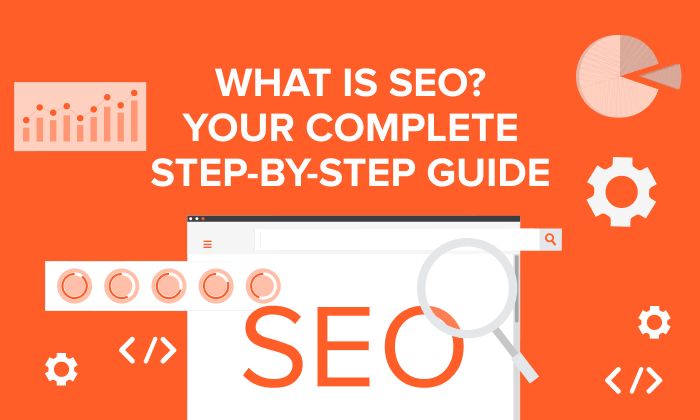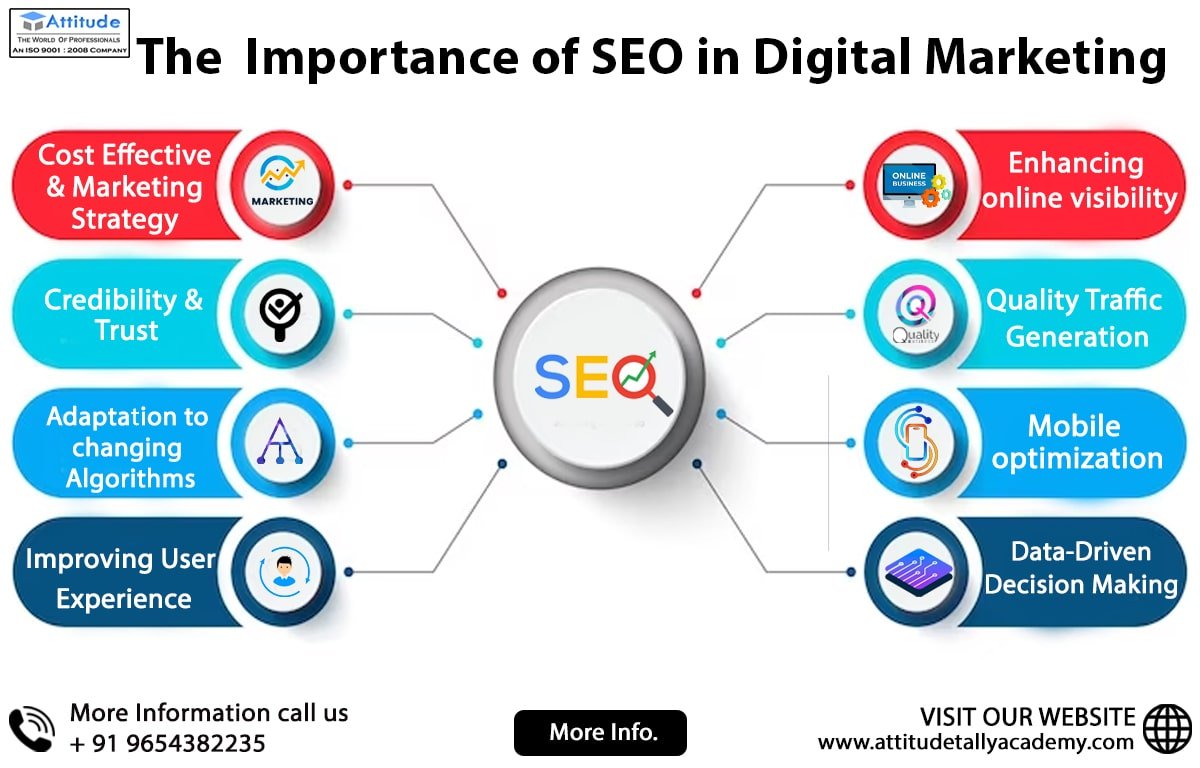Linkdaddy for Beginners
Linkdaddy for Beginners
Blog Article
The smart Trick of Linkdaddy That Nobody is Discussing
Table of ContentsAn Unbiased View of LinkdaddyThe Facts About Linkdaddy RevealedUnknown Facts About LinkdaddyAll about LinkdaddyWhat Does Linkdaddy Do?
In December 2019, Google started updating the User-Agent string of their spider to reflect the latest Chrome version utilized by their making service. The delay was to permit webmasters time to upgrade their code that replied to certain crawler User-Agent strings. Google ran analyses and felt positive the impact would certainly be small.Furthermore, a page can be explicitly omitted from an internet search engine's database by using a meta tag particular to robots (typically ). When an online search engine visits a site, the robots.txt located in the root directory site is the initial data crept. The robots.txt file is after that analyzed and will certainly instruct the robotic as to which web pages are not to be crawled.
Pages commonly avoided from being crawled consist of login-specific pages such as purchasing carts and user-specific content such as search results from internal searches. In March 2007, Google cautioned web designers that they must prevent indexing of internal search results because those web pages are considered search spam.
Page layout makes individuals trust a site and desire to remain once they find it. When people bounce off a site, it counts against the website and affects its credibility.
The smart Trick of Linkdaddy That Nobody is Discussing
White hats often tend to create results that last a very long time, whereas black hats expect that their websites might become banned either momentarily or permanently once the internet search engine find what they are doing. A search engine optimization strategy is considered a white hat if it complies with the search engines' standards and entails no deceptiveness.
White hat SEO is not practically following standards but has to do with making certain that the web content a search engine indexes and consequently rates is the same web content a customer will see. White hat suggestions is generally summarized as developing content for individuals, not for search engines, and afterwards making that material conveniently accessible to the on-line "crawler" algorithms, rather than attempting to trick the algorithm from its intended objective.
Black hat search engine optimization efforts to enhance positions in manner ins which are by the online search engine or involve deceptiveness. One black hat technique uses hidden message, either as message tinted similar to the history, in an unseen div, or positioned off-screen. An additional technique provides a various web page relying on whether the page is being requested by a human site visitor or an internet search engine, a technique known Look At This as masking.
The Buzz on Linkdaddy
This is in between the black hat and white hat approaches, where the approaches used stay clear of the site being penalized yet do not act in generating the finest material for customers. Grey hat SEO is totally concentrated on enhancing online search engine rankings. LinkDaddy. Online search engine might punish sites they discover making use of black or grey hat approaches, either by minimizing their positions or eliminating their listings from their databases completely
Its difference from search engine optimization is most merely illustrated as the difference in between paid and unpaid priority ranking in search results. SEM concentrates on prestige much more so than significance; site developers must regard SEM with miraculous relevance with factor to consider to exposure as most navigate to the primary anchor listings of their search.

The online search engine' market shares vary from market to market, as does competition. In 2003, Danny Sullivan mentioned that Google stood for about company website 75% of all searches. In markets outside the USA, Google's share is usually larger, and Google remains the leading online search engine worldwide as of 2007. As of 2006, Google had an 8590% market share in Germany.
Little Known Questions About Linkdaddy.

In March 2006, KinderStart filed a suit against Google over search engine positions - LinkDaddy.
Journal of the American Culture for Details Sciences and Innovation. 63( 7 ), 1426 1441. (PDF) from the initial on May 8, 2007.
March 12, 2007. Archived from the original on October 9, 2020. Retrieved October 7, 2020. Danny Sullivan (June 14, 2004). "Who Created the Term "Seo"?". Browse Engine See. Archived from the initial on April 23, 2010. Gotten May 14, 2007. See Google groups string Archived June 17, 2013, at the Wayback Device.
The Best Strategy To Use For Linkdaddy
189211, November 17, 2020, doi:10.1142/ 9789811225017_0009, ISBN 978-981-12-2500-0, S2CID 243130517, archived from the original on August 14, 2022, obtained September 20, 2021 Pringle, G., Allison, L., and Dowe, D. (April 1998). "What is a high poppy amongst web pages?". Proc. 7th Int. Internet Meeting. Archived from the original on April 27, 2007."Submitting To Directories: Yahoo & The Open Directory". Browse Engine View. March 12, 2007. Archived from the initial on May 19, 2007. Recovered May 15, 2007. "What is a Sitemap documents and why should I have one?". Archived from the original on July 1, 2007. Retrieved March 19, 2007. "Browse Console - Crawl URL".
Report this page